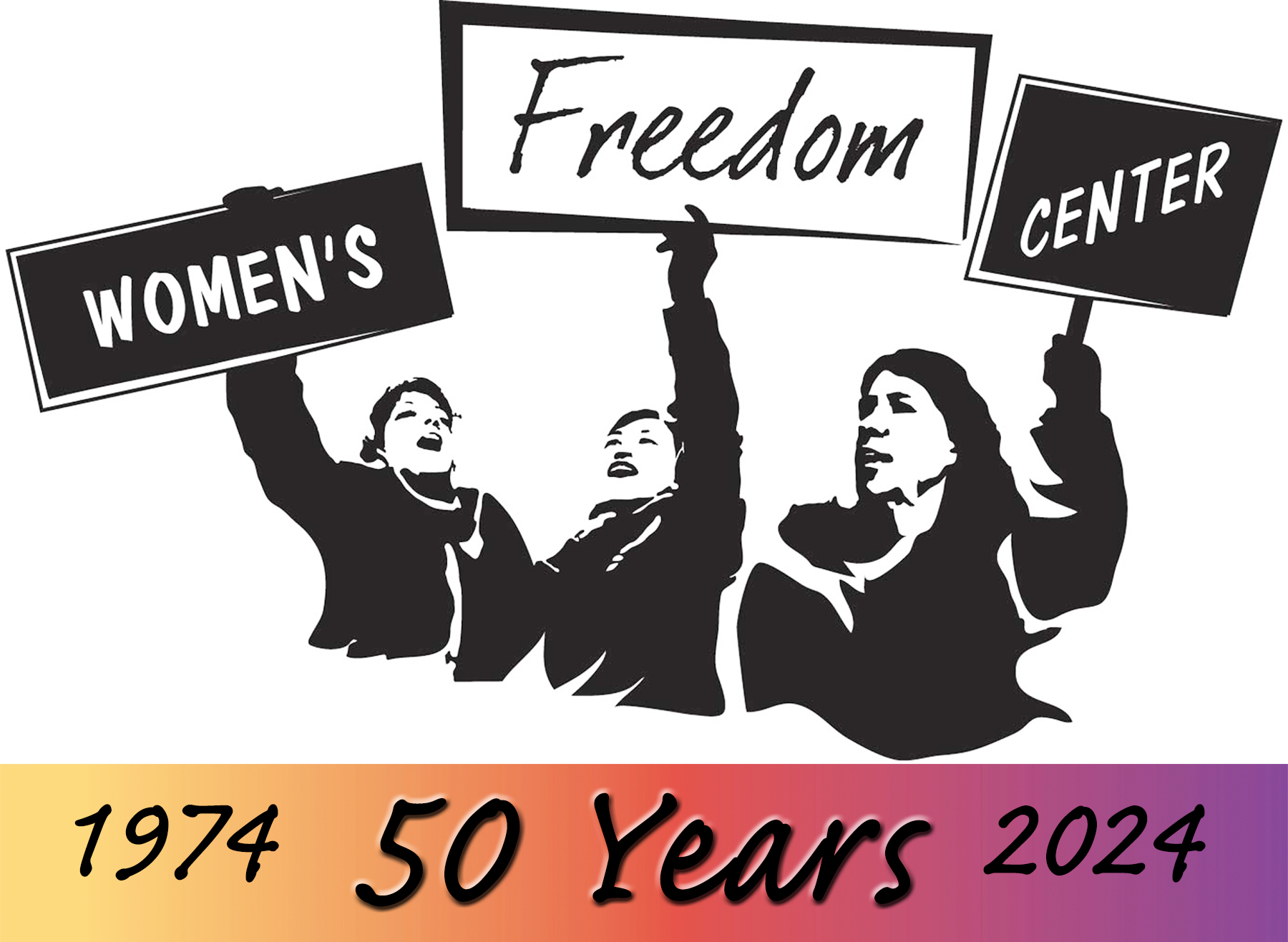“Why does she stay?”
This is the question asked most often about women who are abused. It places all of the responsibility for the abuse on the person experiencing the abuse and not on the abuser and indicates a lack of understanding about the dynamics of battering. It also reveals a tendency to blame victims as it is sometimes followed by “she must like it.”
The real question that should be asked is “Why does he abuse her?”
That being said, because it is asked, it is important to talk about “why women stay.”
-
- The violence is temporary
- With loyalty and love, she can make him change
- His promises that it will “never happen again”
- It’s her responsibility to keep the family together
- There will be more good times
- The violence is her fault when he tells her so
-
- He’s had a hard life
- He needs me
- All men are violent; it is to be expected
- It’s not so bad
-
- More severe abuse
- Retaliation if he finds her
- Destruction of her belongings or home
- Harm to her job or reputation
- Stalking
- Charging her with a crime
- Harming children, pets, family or friends
- His committing suicide
- Court or police involvement
- He will kill her if she leaves
Many women believe their abusers’ threats with good reason.
Other reasons women stay in relationships –
-
- Limited education or work experience
- Limited cash
- No access to bank account
- Fear of poverty
-
- Family expectation to stay in marriage “at any cost”
- Family denial of the violence
- Family blame her for the violence
- Religion may disapprove of divorce
- Religious leader may tell her to “stay and pray”
-
- Guilt about failure of the relationship
- Guilt about choosing an abuser
- Feelings of personal incompetence
- Concern about independence
- Loneliness
-
- Abuser may charge her with ‘kidnapping’ or sue for custody
- Abuser may abduct or abuse the children
- Questions whether she can care for and support children on her own
- Fears losing custody of her children
- Believes children need a father
-
- Unaware of services available to battered women
- Lack of adequate child care
- Few jobs
- Negative experiences with service providers
- Lack of affordable housing
- Isolated from community services
- No support from family and friends
Women stay in abusive relationships for many reasons – none of which are because they want to be abused. It is a commonly held MYTH that women must like or need to be abused, or they would leave; that they are “women who love too much” or have low self-esteem.
And, most women eventually do leave, but leaving is a process. The average woman who is abused leaves 7 to 8 times before permanently leaving a relationship. She may return when he begs her to come back, or when she can not find the resources to live on her own. She may return because she loves him.
Will it get better?
Studies show that over time, without intervention, abuse in the home gets more frequent and more violent.
Is it my fault?
No. Abuse is always wrong. In fact, abuse in the home is a crime. The victim is never to blame. There is no excuse for domestic violence.
Can I fix it?
No. Only the abuser can stop his violent behavior. Batterer intervention programs may provide knowledge and skills to stop his violent behavior, but only the abuser can decide whether he will use them or not.
Will Alcoholics Anonymous or Narcotics Anonymous keep him from hitting me?
No. While your partner may need treatment for alcohol or drug abuse, the abusive behavior can continue even if he becomes sober or stops abusing drugs. It is recommended that an abuser get treated for his violence in a specialized intervention program, as well as for drug and alcohol abuse through substance abuse programs.
No one deserves to be abused.
